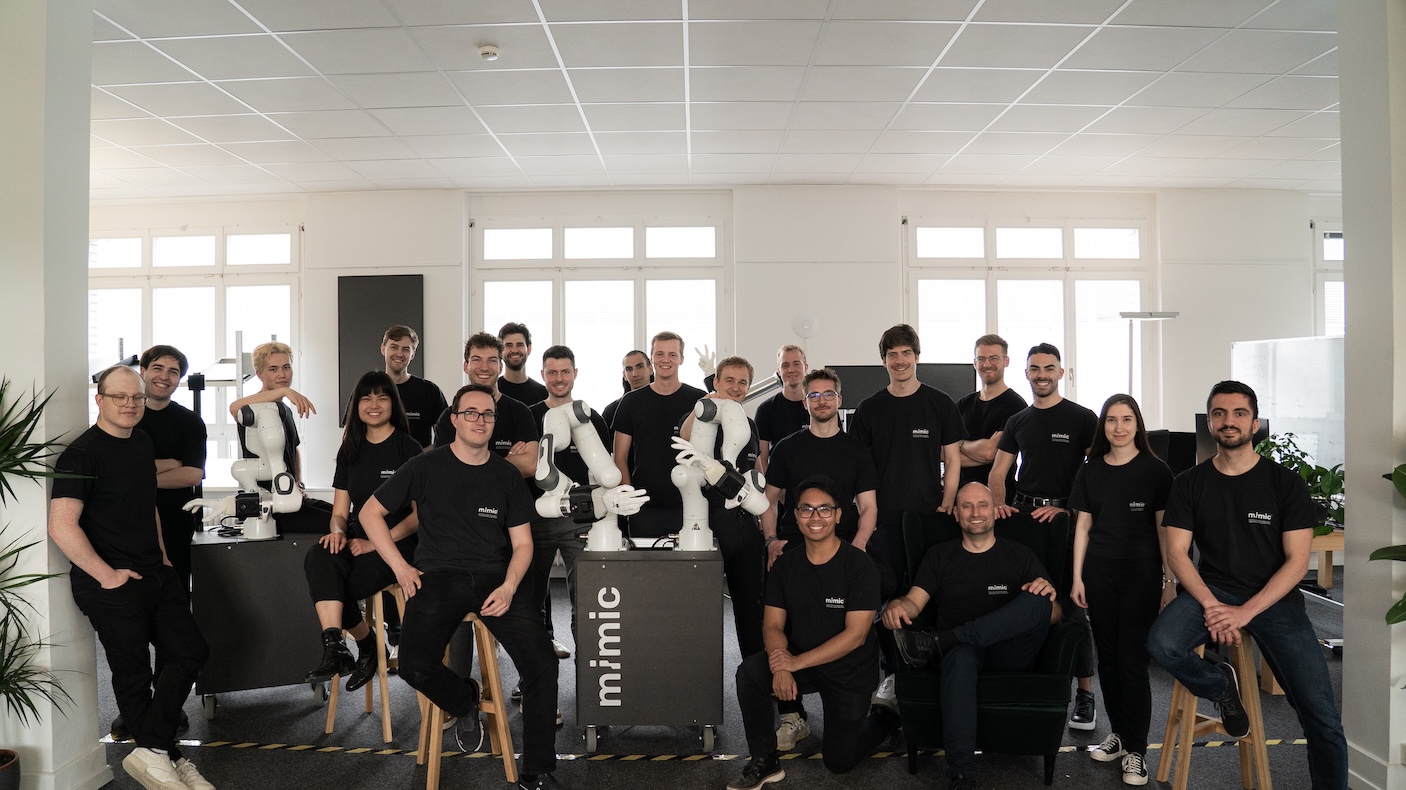The Threat of Waste — and the Huge Potential Within: Our Investment in Greyparrot
Greyparrot is using computer vision and machine learning to revolutionize waste management.
It’s 7am — the alarm goes off…
I walk over to the coffee machine and insert an espresso tab, taking yogurt out of the fridge with the other hand. Quickly unwrapping some fruits, I cut them into the bowl and pour in some cereal. Cleaning up, that all goes into the bin… oh, and add to that an empty shampoo bottle. Before even leaving the house, I have already created a sizable amount of waste. As the day goes on, I grab some take-away for lunch with colleagues, print work documents, have another two coffees and unbox a new Amazon delivery that I was waiting for.
In the end, an average person in a developed country produces up to 4.54 kilograms of waste per day, consisting of everyday items, such as product packaging, food scraps and other household goods, ranging from furniture to batteries. Altogether, the world produces approximately 2.01 billion tons of municipal solid waste annually (World Bank, 2016).
A Throwaway World
Looking ahead, the steep growth in global population combined with increasing living standards in the developing world make this problem impossible to ignore. Higher rates of consumption, stricter hygiene regulations and rising consumer expectations will repeatedly drive these figures to new all-time highs.

With that in mind, one question naturally presents itself: “How do we deal with this massive amount of waste?!” You won’t like the answer…
Tracking plastic waste flows around the planet, only about 16% of polymer waste is currently recycled (McKinsey, 2016). That said, western countries so far have had a handy customer for their problem: China. Importing 1.3 million tons in 2017 alone, the Red Giant managed around 60% of waste plastics from all around the world (Financial Times, 2018; ISWA, 2014).
In 2017, however, everything changed. Upon implementing the “Green Sword” policy, the country imposed a strict waste import ban, resulting in a 95% decline in incoming volumes within 12 months. Current local recycling infrastructure though is insufficient to process the new flood of incoming waste. As such, instead of contributing to the goal of achieving a truly circular economy, the potential of these valuable materials is burned in incinerators or dumped onto uncontrolled landfills. It is non-negotiable that this must change if we wish to maintain our way of life in the future.

The high cost of old sorting methods
Surprisingly enough, recycling technology is still very rudimentary. Even though modern facilities use magnetic sorters, various filters, air jets and other mechanisms, operators currently don’t have the ability to gather important data along various points during the sorting process. More importantly, the random sample waste monitoring process is done completely manually by employees at high cost.

Covering around 1% of waste processed by the facility, these “guesstimates” are prone to a high level of error and time distortion with inspections oftentimes not taking place on a continuous basis. At the same time, the industry is facing rising labour costs, higher purity requirements by their customers as well as strict regulatory reporting obligations, thereby experiencing more and more pressure from various sides.
So where do we go from here? I’m glad you asked!
Meet Greyparrot — Founded in early 2019 and headquartered in London (UK), they’ve developed an end-to-end waste analytics solution utilizing cost-effective, off-the-shelf camera systems. Being hardware agnostic and leveraging deep learning techniques for complex detection, the algorithm monitors waste streams in real-time and gives important insights into its composition at various inspection points along the purification process.

The automated data generation and analysis grants managers a holistic understanding of their waste flow, thereby empowering them to effectively steer the process of operational optimization. Greyparrot’s technology, therefore, not only drastically reduces recycling costs but also enables operators to produce and ship a greater quantity and quality of product to the already fast-growing market for recycled materials.
Down the line, the company’s tech not only serves as a stepping stone for the realization of a fully autonomous, lights-out recycling facility. It will be applied along the flow of waste from collection to transfer to sorting. It’s a bold vision, but just the kind of challenge the highly experienced team is thriving in. Mikela Druckman, Co-Founder and CEO, is able to leverage years of experience within the computer vision industry, having scaled-up the AR tech startup Blippar, Mikela and her team know what it takes to build a company and weather a storm.
Waste is the logical consequence of progress and the overarching byproduct of mankind. It will not go away; it will not lessen by itself. Hence solving waste is not optional but rather an imperative. At the same time, it represents a huge commercial opportunity. Passion for cutting edge Industrial Tech is at the core of the Speedinvest Industrial Tech team’s DNA — it undoubtedly plays a fundamental role in shaping the future we will live in. We are immensely proud and excited to back this high caliber team and join them on their mission to transform waste from a global burden into a valuable asset.
Greyparrot in the news at:
Learn more about the Speedinvest Industrial Tech team and sign up for our newsletters to get our exclusive content delivered straight to your inbox.













.svg)
